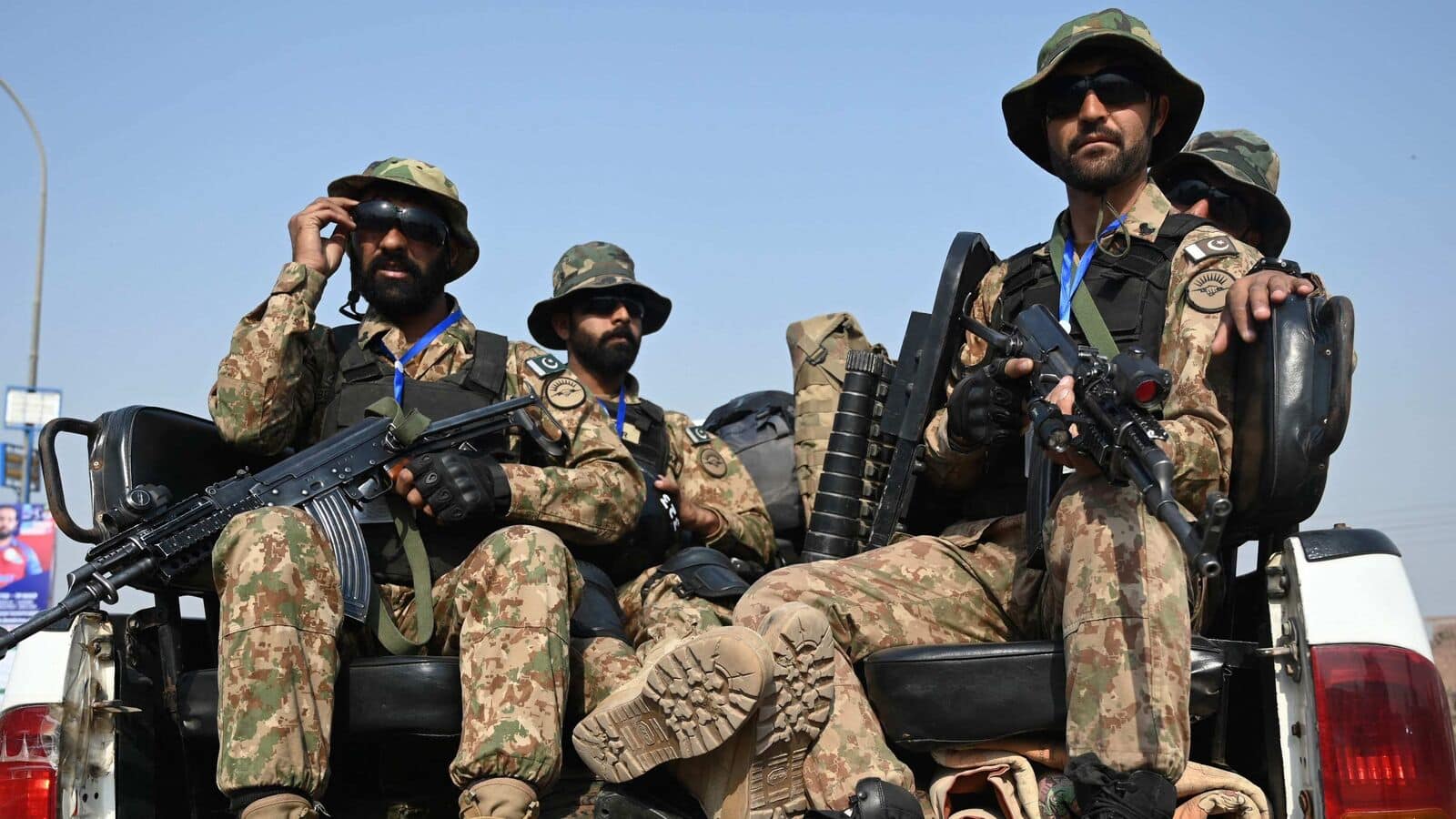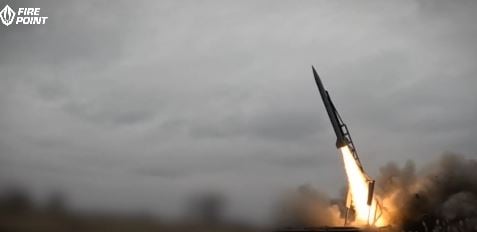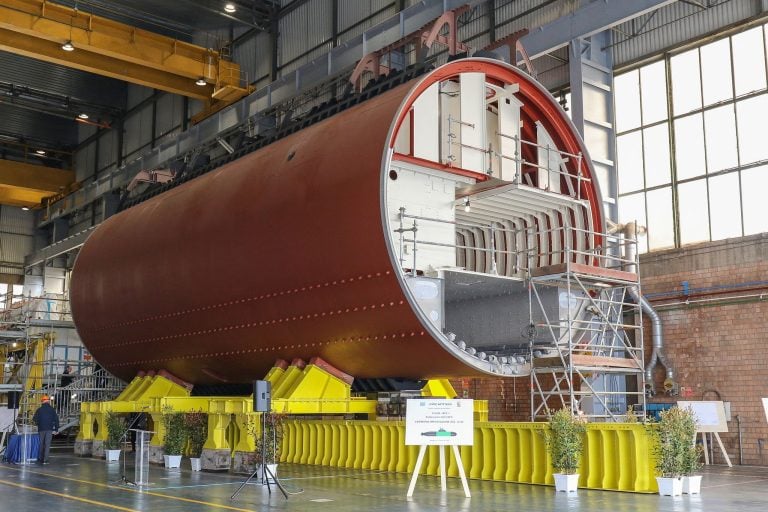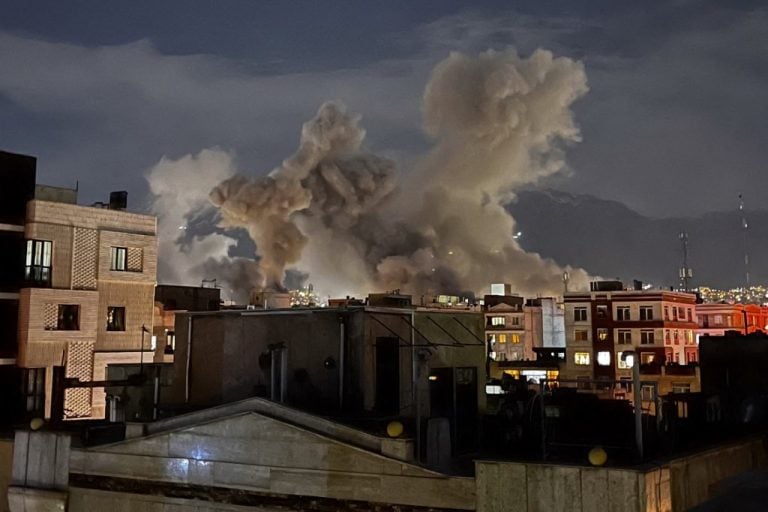In a significant escalation of violence in Pakistan’s southwestern Balochistan province, separatist militants from the Baloch Liberation Army (BLA) claimed responsibility for an ambush on a highway that resulted in the deaths of 18 paramilitary troops and left three others critically injured. The incident occurred on Friday night near Mangochar, a city located close to the Afghan border, which has long been a hotspot for militant activity.
According to a police official who requested anonymity, the attack involved a vehicle carrying unarmed border troops that came under heavy gunfire from a group of 70 to 80 armed assailants who had positioned themselves to block the road. The violence was particularly deadly, as 17 soldiers were killed during the ambush, while an additional soldier who responded to the incident also lost his life.
The military’s account corroborated the number of fatalities, reporting that 18 paramilitaries were killed while attempting to confront the militants who were reportedly trying to establish roadblocks in the area. The military further claimed that 12 of the attackers were killed during the exchange.
In a statement, the BLA claimed responsibility for the attack, stating that it had conducted multiple “operations” against the security forces, who have been increasingly targeted in the region. The group has been linked to a rise in violence in Balochistan, where attacks on security personnel have been on the rise in recent months. The BLA often cites its operations as responses to alleged injustices faced by local populations.
This incident is part of a broader pattern of violence in Balochistan, where the BLA has carried out previous high-profile attacks. Notably, in November, the group claimed responsibility for a devastating bombing at Quetta’s main railway station that killed 26 individuals, including 14 soldiers. Additionally, in August, coordinated assaults by armed militants resulted in the deaths of at least 39 people, marking one of the deadliest episodes in the region.
The volatility in Balochistan has intensified since the Taliban regained control over Afghanistan in 2021. Pakistan has expressed concerns that the Taliban government’s inability to clear insurgents from its territory has allowed militant groups to operate with increasing boldness. Accusations have been exchanged between the two countries, with Pakistan asserting that the Taliban harbors militants who stage attacks from within Afghanistan—a claim that Kabul vehemently denies.
The rising violence has had devastating repercussions, with recent data indicating that more than 1,600 people have died in attacks in 2024 alone, making it the deadliest year in nearly a decade. Among these fatalities, approximately 685 were members of civil and military security forces, according to research conducted by the Center for Research and Security Studies, an Islamabad-based analysis organization.
The continued focus of militant groups on security forces and foreign investment projects, particularly those involving Chinese financing, underscores the deep-rooted issues of economic disenfranchisement and regional grievances that contribute to the cycle of violence in Balochistan. As the situation evolves, the potential for further clashes and instability remains a pressing concern for both local and national authorities.







